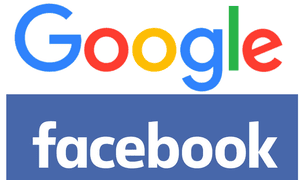The development of new/digital media means the audience is more powerful in terms of consumption and production. Discuss the arguments for and against this view.
In the past decade, the development of new/digital media has been so rapid that it has left many a generation and industry bewildered. These rapid developments have had huge lasting impacts on the way society works especially in terms of the empowerment of audiences in regards to consumption and production of media. There are two main theories and ideologies which explore how and why these changes have affected audience empowerment in media.
A Marxist perspective would argue that the so-called “information revolution” has done little to benefit audiences or to subvert the established power structures in society. Far from being a “great leveller” (Krotoski, 2012) as many have claimed, it has merely helped to reinforce the status quo by promoting dominant ideologies. The most popular news website in the UK by a considerable margin is the ‘Mail Online’, which receives more than 8 million hits every month and is continuing to expand rapidly – with forecasts that it will make £100 million or more in digital revenues in the next three years. Similar to its tabloid print edition, the website takes a Conservative, right-wing perspective on key issues around gender, sexuality and race and audiences appear to passively accept what the Marxist theorist, Gramsci, called a hegemonic view. When one of their chief columnists, Jan Moir, wrote a homophobic article about the death of Stephen Gately in 2009 there were Twitter and Facebook protests but, ultimately, they did not change the editorial direction of the gatekeepers controlling the newspaper.
However, the opposing theory of pluralism would argue that unlike Marxism, society is dominated by a diverse collection of different social classes and cultures. This reinforces more on the aspect that audiences actually have a lot more power in terms of consumption and production. This is especially evident as Aleks Krotoski was noted to say the Information Revolution was a "paradigm shift - on par with the printing press.", which further reinforces the idea that the rapid change in development has shifted the consumption and production power from the institutions into the hands of the audiences. It was also stated by Gurevitch that audiences actually “conform, accommodate or reject” the information that they are consuming, which goes to show just how much power they actually have and the fact that major institutions gatekeeping and mediating has little to no effect on its audiences.
Except, Marxists are hugely critical of the way the internet and new digital media actually work as Pareto's Law adamantly states how the "minority of producers serve a majority", in terms of media it can be stated that a small portion of media producers are actually serving a majority of consuming audiences. This is especially evident as stated earlier that the most popular news website is the "Daily Mail Online" which receives more than 8 million hits every month. This huge conglomerate is dominating the virtual world of news and any smaller sources are either completely unheard of or are considered to be "worthless". This critical view of smaller sources, blogs and web pages coincides with the theories of Andrew Keen who states that "web pages and blogs are like a million monkeys typing nonsense". Marxists and Keen's critical thinking of the way the internet works does actually have a precedent with the recent controversies about the rise in fake news on the internet during the EU referendum and US election of 2016. It's possible that if there are a small portion of institutions dominating the industry, it will lead to a rise other sources resorting to desperate measures in order to survive in the industry which could lead to hegemony that will negatively influence society as a whole.
Yet it was the use of new/digital media in the form of social media, user generated content and citizen journalism that has paved the way for greater freedom and empowerment of audiences in media consumption and production. Citizen journalism has had a huge impact in this as through the development of technology, the use of a phone and the internet that was once exclusive to the rich is now in the hands of almost everyone across the world. At any given moment, users can create news and give first hand experience to the point where news casters actually encourage users to contact them through Twitter to act as eye witnesses. This is especially evident as Rupert Murdoch, owner of NewsCorp said that the "internet has given readers much more power". This has essentially levelled the playing field in terms of opinions and voice of the population as any one can voice their own opinions and perspective at any moment of the time which has further encouraged a greater sense of democracy.
Overall, it is clear that there has been a great amount of empowerment of audiences in terms of media consumption and production due to the rapid advancements of new/digital media. However, these advantages can be greatly argued as they do bring about with them several disadvantages which greatly impact society from a Marxist perspective.





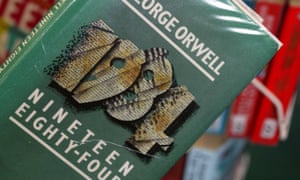

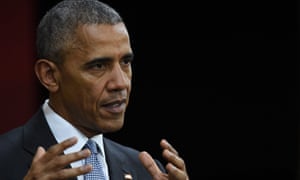

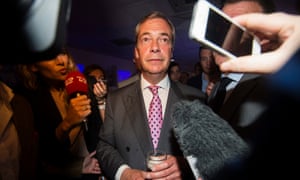
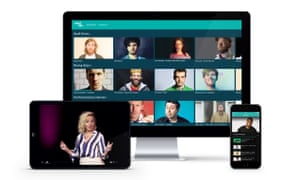
:format(webp)/cdn1.vox-cdn.com/uploads/chorus_image/image/51834233/Google-Campus-025.0.0.jpg)

